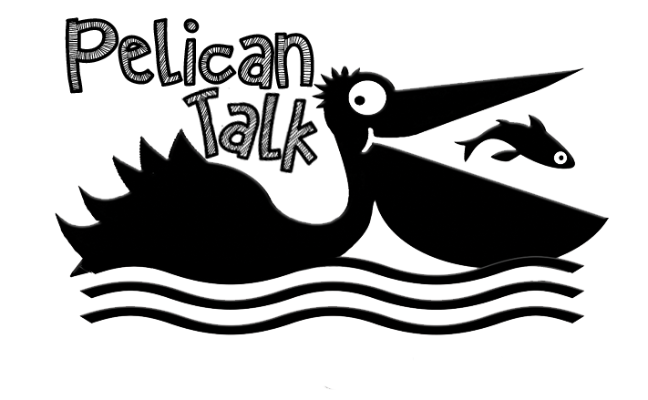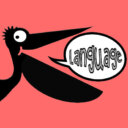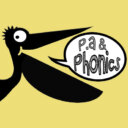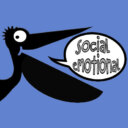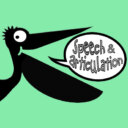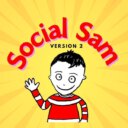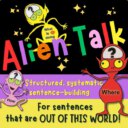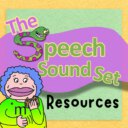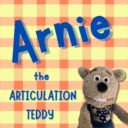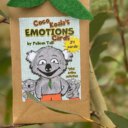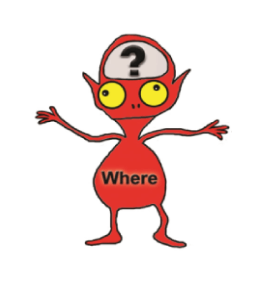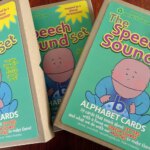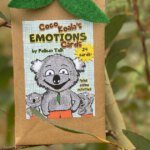Why are our emotions cards so super fabulous?
1) They cover basic emotions … but also other traits and feelings common to young children.
2) They encourage users to explore facial expressions, body-language, internal senses, words and context.
3) They include degrees of emotions. Coco is angry on one card. Coco is FURIOUS on another. Coco is happy, Coco is EXCITED. Coco is sad and Coco is (really) UPSET.
4) They include lots of POSITIVE states – calm, proud, creative and kind PLUS more.
5) Not only do you get the “basic emotions” but you get variations that include context… For example, you get angry and then angry-type emotions – frustrated, annoyed, jealous.
6) The back of each card includes a little blurb about what is going on with Coco. Users are encouraged to GUESS. After all, reading someone else’s state is all about guesswork, right? They also normalise ALL emotions and states. It’s OK to feel any emotion – but some are nice to feel whereas others are not-so-nice.
7) They are removed of gender and ethnicity (and most of the clothes!). Some cards include so many features in an attempt to be inclusive that the features detract from the true target of learning (emotions/states of feeling).
8) They are printed on 100% post-consumer recycled card and are sturdy and rather cute.
9) They use child-friendly language. E.g. Coco feels “left out” (we don’t use the term, “rejected”).
10) They come with bonus online activities, info about emotions and teaching tips. (See the Licence Code that comes with your pack and access the bonus materials via the button below).
